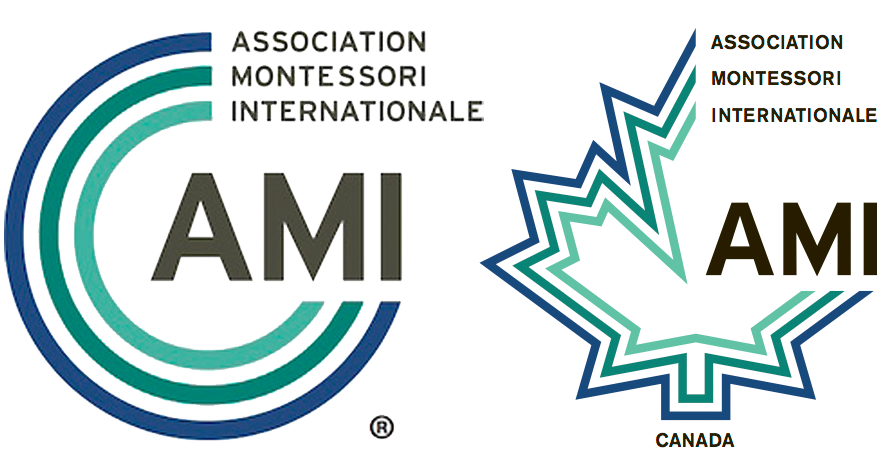Montessori Training in Canada
AMI Training has been offered in Canada since 1971. There are two AMI Training Centres in Canada, one in Toronto, ON and one in Vancouver, BC.
Foundation for Montessori Education
Ph: 416-769-7457
www.montessori-ami.ca

